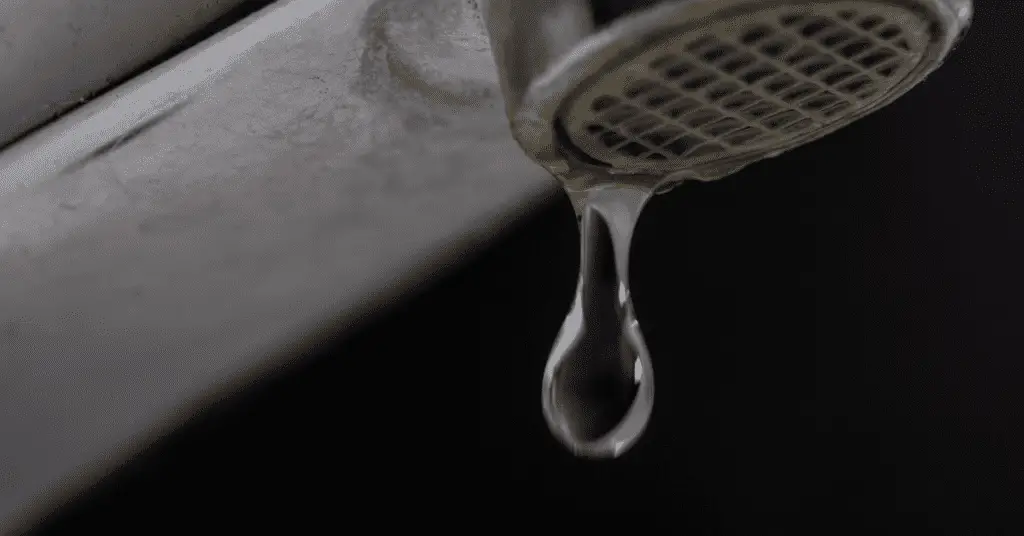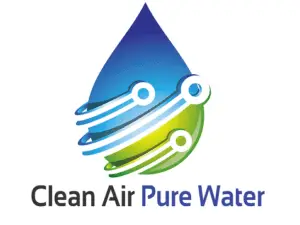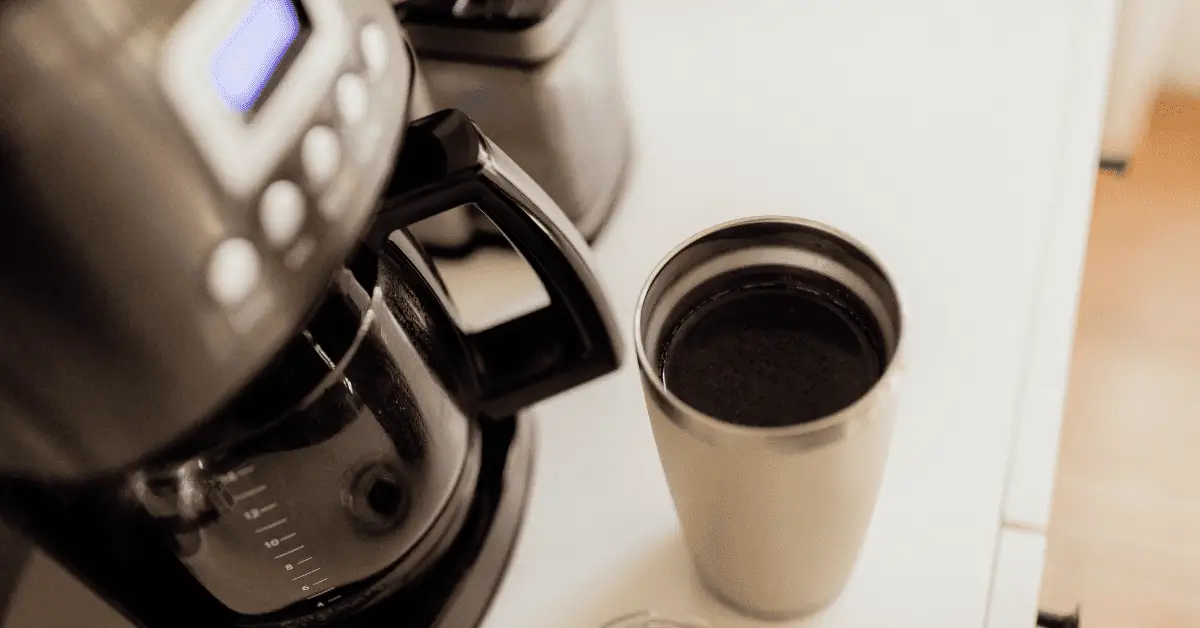Believe it or not, coffee is 98 percent water. Many people do not realize though, that not all water is created equally. For example, while using tap water to make your coffee is usually the easiest and most preferred method for many people, it could hurt your coffee machine and impact your coffee’s taste.
Tap water will ruin a Keurig over time, in part, because tap water is hard, meaning that it contains many vitamins and minerals that build up in the machine when heated. These vitamins and minerals are good for you, but cause hard deposits to form and clog up your Keurig.
So, if you want to keep your Keurig in the best condition possible and have the tastiest coffee, you may not want to use tap water. Let’s go into the details and discuss why tap water isn’t the best choice for brewing coffee. I’ll also give you some tips to avoid lime and scale.
Why You Shouldn’t Use Tap Water in a Keurig
Keurigs are some of the best coffee machines because they offer a convenient way to brew your coffee. One way to take care of your machine is to use filtered water instead of tap water. This change may even make your coffee taste better.
Tap water can clog valves, sensors, and tubing with lime deposits and scale due to the vitamins and minerals tap water contains. Tap water can also make your coffee taste bitter or sour. So, it’s best to use another kind of water in your Keurig.
Let’s talk more about why it’s crucial never to use tap water in your Keurig.
Water Hardness Can Ruin the Machine
Most tap water contains vitamins and minerals that you need to survive, such as magnesium, calcium, potassium, chloride, sulfates, and sodium. However, these vitamins and minerals eventually form stone-hard deposits on dishes, showers, sinks, toilets, dishwashers, water faucets, and coffee makers over time, ultimately causing damage.
Usually, the level of these vitamins and minerals in your water supply is called “water hardness.” Suppose the municipal water in your area is very hard. In that case, you might notice rings of calcified minerals on your toilets and sinks before you notice it anywhere else since water sits in these areas more than in others.
Still, when hard water is heated, it removes the vitamins and minerals from the water, causing scale which is the hardened deposits of minerals that form in tea kettles, pots, and last but not least, your coffee machine.
As stated, this mineral buildup can make your coffee water taste very bad, but that’s not the worst of the issue. As these scale deposits build up, they can clog the small spouts and tubes in your Keurig coffee machine, causing many mechanical problems.
Keurigs, with their complicated system of valves and tubes, are especially prone to mineral buildups that clog the whole system. Usually, regular cleaning can clear up these deposits, but it’s usually best to prevent them in the first place by using water that doesn’t come from the tap.
Still, it’s essential to note that most water contains some levels of vitamins and minerals, so you can’t just skip the regular cleaning, even if you use filtered water in your Keurig. Keeping the unit clean and scale-free will keep it working for many years, so make sure you take good care of it!

Hard Water Makes for a Bad Taste
You may not notice the difference between a cup of coffee brewed with tap water and a cup brewed with filtered water right away, but if you compare each one side-by-side, the filtered water always wins.
In addition to causing buildup, the minerals in tap water make it harder for your Keurig or other coffee machines to properly infuse the coffee, resulting in a weaker flavor. You may also notice a chalkier, more mineral taste when you use tap water too.
According to researchers from Bath University, water hardness affects different types of coffee more than others. That’s because the chemical makeup of water affects the kinds of chemicals extracted from the coffee when you brew it.
In their study, the researchers suggested that light-roast coffees do better in hard water, such as tap water or spring water, but darker roast coffees taste too bitter or sour when brewed in hard water. For these dark-roasted coffees, it’s best to use filtered water.
What Kind of Water Should I Use in a Keurig Machine?
So, even though tap water is more convenient, if you want to avoid damaging your Keurig and still want the best taste possible, choose filtered water for your morning brew. It has just enough minerals to give you a good-tasting cup of coffee without risking mineral buildup and scale.
So, if vitamins and minerals cause harmful buildup in your Keurig, wouldn’t distilled water be the best choice? Well, don’t reach for the distilled water yet. It has absolutely no minerals and vitamins, which makes it a bad choice for coffee. Usually, filtered water is your best bet if you want the best flavor.
Coffee water needs some vitamins and minerals to maintain its rich taste. The minerals and vitamins extract the different oils and chemicals that give your coffee its bold flavors, so they’re necessary for the best quality joe.
Filtering your water leaves some of the minerals in it, but the filtering process extracts many of the components that cause scale and buildup in your coffee machine.
How to Avoid Scale and Lime Buildup in Your Keurig
If you want to keep your Keurig in good shape for years to come, use these tips to maintain your coffee machine and avoid mineral scale and vitamin buildup:
- Use only filtered water to brew your coffee.
- Keep your Keurig’s water reservoir empty when you aren’t using it.
- Run your Keurig without a K-Cup in it every week to remove buildup.
- Every month, run your Keurig with a cup of vinegar and one cup of water in it to break down the scale and other deposits, then run a cycle of water through it to rinse the vinegar and loosened mineral deposits out.
- If your Keurig’s water pressure isn’t high enough or you notice a lot of buildup in your water reservoir, use Keurig’s Descaling Solution (available on Amazon.com) every 3- 6 months. The product removes calcium deposits from your device thereby increasing its lifetime.
- If your coffee cup never fills up, check the pin that pierces the top of your K-cup for scale and break apart any deposits with a toothpick or unbent paperclip.
Final Thoughts
Keurigs are a fantastic convenience, but you’ll have to make sure that you take good care of them by avoiding tap water if you want your coffee machine to last.
You should only use filtered water in a Keurig, and doing so will also ensure that you get the best taste that your coffee has to offer. Still, you should always clean your Keurig weekly and do a monthly cleaning cycle with vinegar to keep it clean and clear for many years to come.

